Tips and tricks to help your feathered friends beat the heat.
Why is it important to keep chickens cool in the summer?
Chickens are sensitive to high temperatures and can suffer from heat stress, dehydration, and even heat stroke if they are not provided with adequate shade, water, and ventilation. Heat stress can affect their egg production, health, and behavior. Some signs of heat stress in chickens are panting, drooping wings, lethargy, reduced appetite, and pale combs and wattles.
How to provide shade and ventilation for your chickens?
One of the easiest ways to keep your chickens cool in the summer is to provide them with plenty of shade and ventilation. You can do this by:
-
Choosing a coop location that has natural shade from trees, bushes, or buildings
-
Adding a roof or awning over the run or free-range area to block direct sunlight
-
Installing fans, misters, or evaporative coolers in the coop to circulate air and lower the temperature
-
Using light-colored or reflective materials for the coop and run to reflect heat
-
Ensuring that the coop has enough windows, vents, or gaps to allow air flow and prevent humidity buildup
How to provide water and electrolytes for your chickens?
Another essential way to keep your chickens cool in the summer is to provide them with plenty of fresh, clean, and cool water. You can do this by:
-
Using multiple waterers and placing them in shaded areas
-
Changing the water frequently and adding ice cubes or frozen water bottles to keep it cool
-
Cleaning the waterers regularly and preventing algae, dirt, or debris from contaminating the water
-
Adding electrolytes, vitamins, or apple cider vinegar to the water to help replenish lost minerals and boost immunity
-
Offering fresh fruits and vegetables with high water content, such as watermelon, cucumber, lettuce, or berries
How to prevent and treat heat stroke in chickens?
Heat stroke is a life-threatening condition that occurs when a chicken's body temperature rises above 107°F (41.7°C). It can cause seizures, coma, and death. Some symptoms of heat stroke in chickens are extreme panting, gasping, staggering, convulsing, or collapsing. If you suspect that your chicken has heat stroke, you should:
-
Move the chicken to a cool, shaded, and well-ventilated area
-
Wet the chicken's feathers with cool water, especially around the head, neck, and chest
-
Offer the chicken cool water with electrolytes, but do not force it to drink
-
Monitor the chicken's breathing, pulse, and temperature
-
Contact a veterinarian if the chicken does not improve or shows signs of shock or infection
Keeping chickens cool in the summer can be challenging, but with some planning and care, you can help your flock stay healthy and happy. Remember to provide shade, water, and ventilation, and to watch for signs of heat stress or heat stroke. Your chickens will thank you for it!










